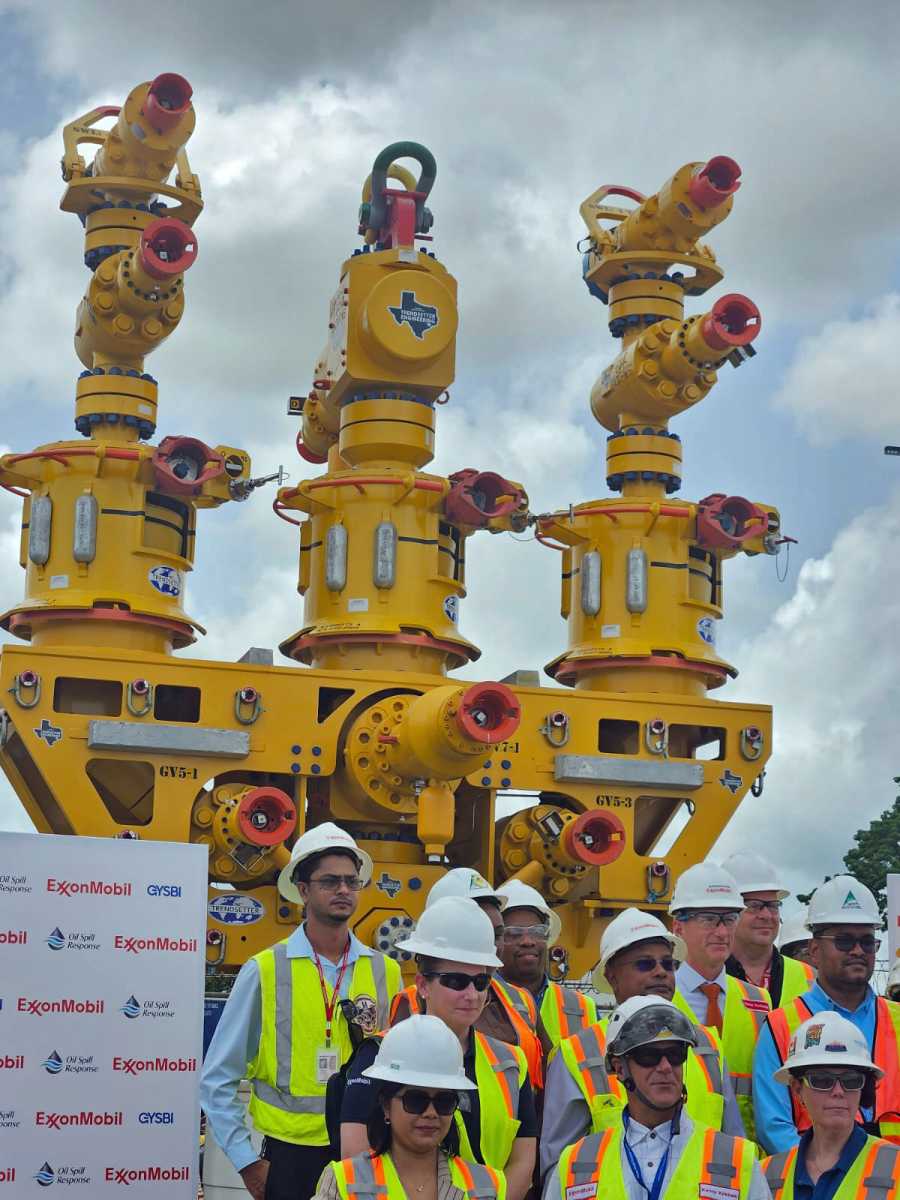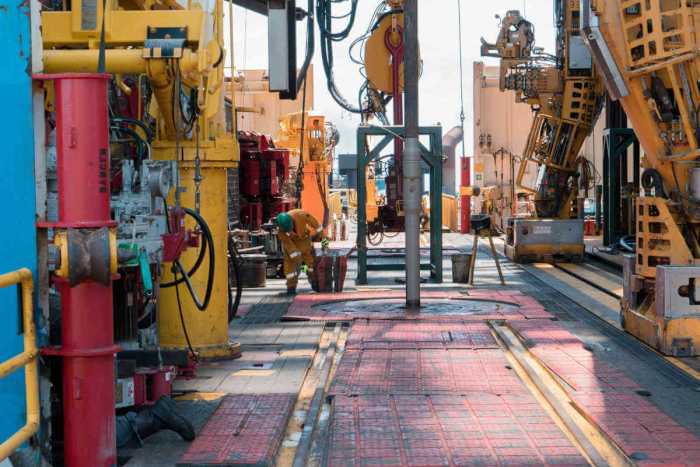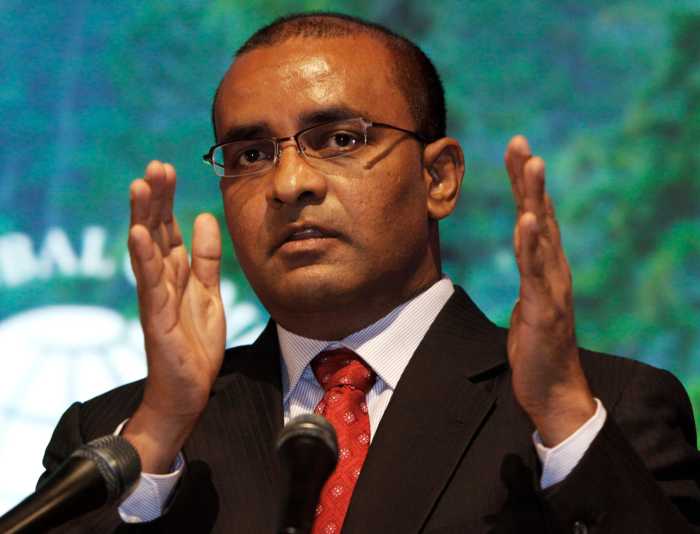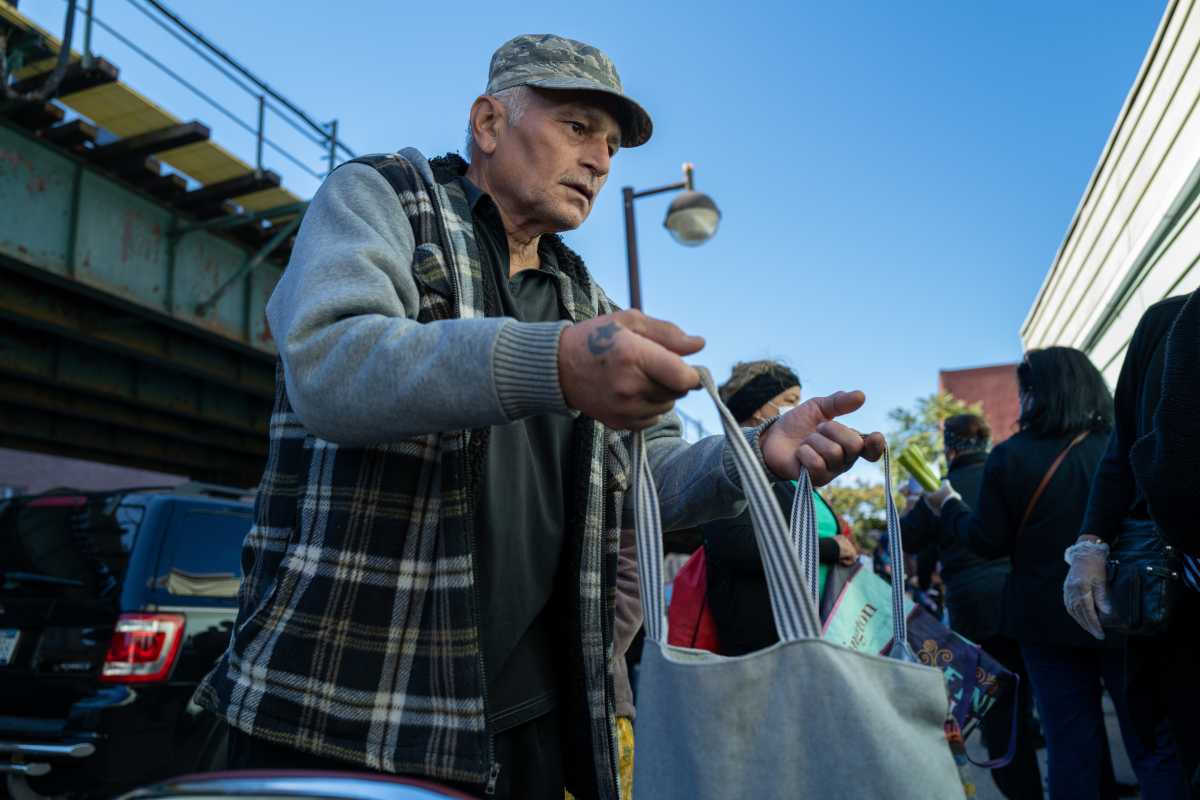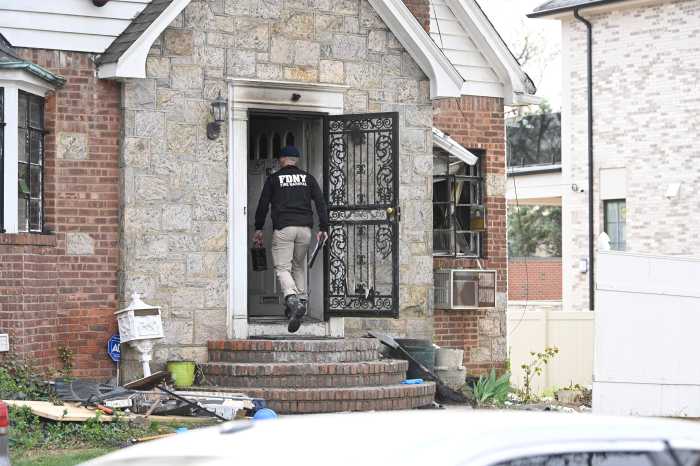In a proactive move to bolster environmental safeguards, Guyana welcomes crucial oil spill response equipment.
Bowing to pressure from activists and local authorities, American oil giant ExxonMobil has landed specialized equipment in Guyana to help control pollution in the event of an offshore oil spill, as the company prepares to launch its fifth oil field in the coming months, officials said Tuesday.
Company officials displayed a huge oil well capping stack that would temporarily cap a blown out well until engineers can properly seal it from leaking millions of barrels of crude oil into the ocean, saying the stack can arrive on location in less than three days in the event of a spill.
Environmental activists, government and the local Environmental Protection Agency (EPA) had been pushing the supergiant to have the equipment in the country, fearing that the time it would take to ship one by air or sea would be detrimental to its tourism-dependent Caribbean neighbors and ruin the environment. The EPA had also placed a clause in the agreement for the Yellowtail oil field for a capping stack to be in local inventory, Exxon’s fourth. Investment in Yellowtail is pegged at $13 billion.
Several other fields have already been approved for development by local authorities. The company along with partners Hess Oil of the US and CNOOC of China has been producing more than 600,000 barrels of oil daily. At least two other fields slated for development by 2027 should take production to about 0ne million daily.
“We certainly expect to never use this equipment in real life but we will continue to look after it and preserve it. In the unlikely event an incident should occur, we have state-of-the-art response capabilities in-country, and the financial resources to meet any clean-up obligations. This is the first capping stack in Guyana – and one of only 13 in the entire world. It’s an advanced piece of equipment that highlights the collective commitment to safe operations and effective emergency response from both industry and the government,” said Alistair Routledge, president of Exxon Guyana.
The activists and opposition parties have also been pressing the company to set aside billions to cover clean up operations should there be a spill, saying they wanted the money to be lodged in a special account in Guyana rather than depending on assurances from the company.
Commercial quantities of oil and gas were discovered offshore back in 2015. Actual production began in 2019, a move the company and global experts say was a record for such a risky, deep water.


